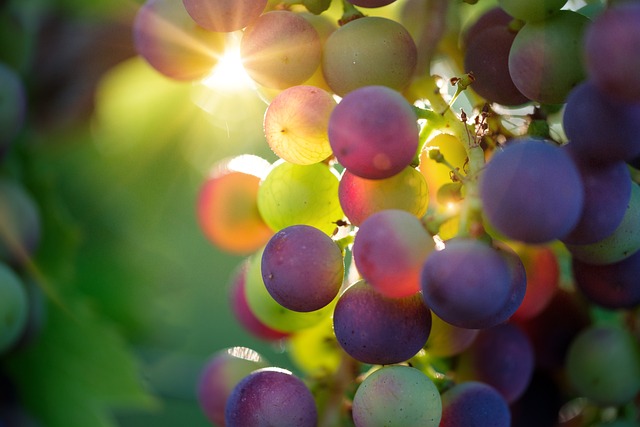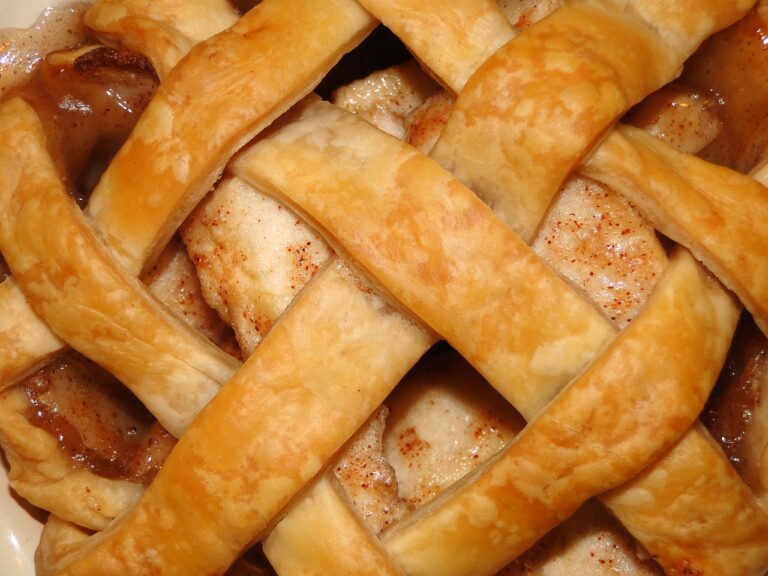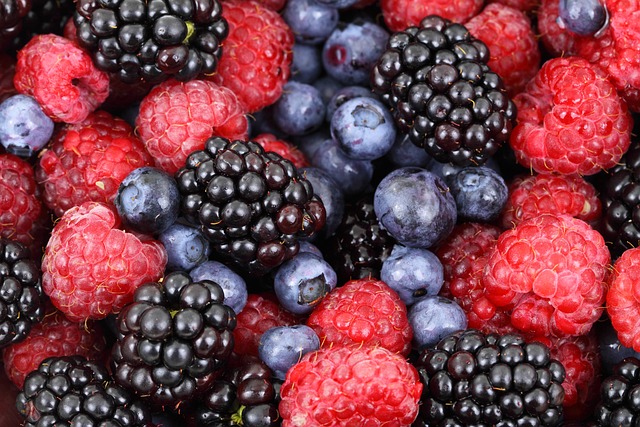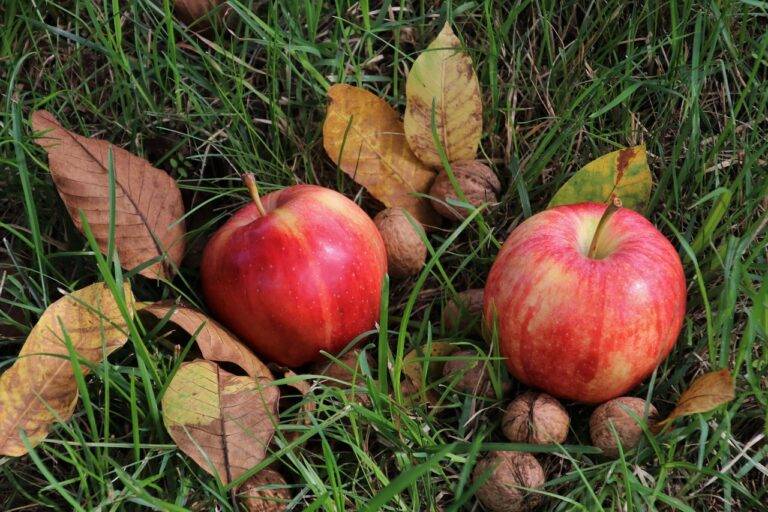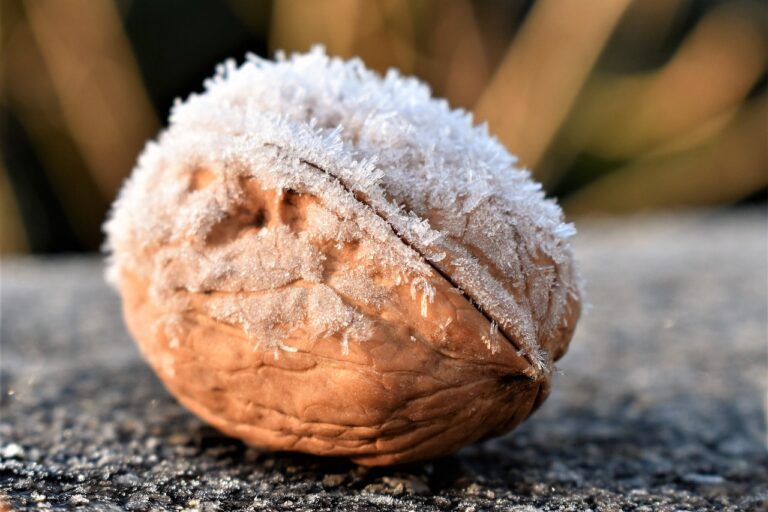A Beginner’s Guide to French Cuisine: Flavors, Ingredients, and Recipes
French cuisine is renowned worldwide for its exquisite flavors, rich history, and meticulous techniques. The intricate art of French cooking has been celebrated for centuries and continues to captivate food enthusiasts with its finesse and elegance. From the bustling markets of Paris to the charming countryside bistros, French cuisine offers a diverse range of dishes that showcase the country’s passion for gastronomy.
Steeped in tradition and culinary expertise, French cooking is a harmonious blend of fresh ingredients, time-honored techniques, and a deep appreciation for food and wine. Each region in France boasts its own unique culinary identity, from the buttery croissants of Brittany to the hearty cassoulets of the South. With a focus on quality, simplicity, and attention to detail, French cuisine embodies a distinct balance of flavors and textures that elevate each dish to a work of art.
Traditional French Flavors
French cuisine is renowned for its rich and diverse flavors that have influenced culinary traditions worldwide. From the delicate balance of herbs in Herbes de Provence to the bold, earthy taste of truffles in dishes like truffle risotto, French flavors are synonymous with sophistication and gastronomic excellence. Each region in France boasts its own unique flavor profile, with dishes like bouillabaisse from Provence and coq au vin from Burgundy showcasing the country’s culinary diversity.
The use of aromatic herbs such as thyme, rosemary, and tarragon is fundamental to achieving the distinct flavors in French cooking. These herbs are often combined with staples like shallots, garlic, and butter to create complex and nuanced tastes in dishes like ratatouille and coq au vin. Additionally, the use of high-quality olive oils and vinegars adds depth and richness to French dishes, elevating simple ingredients to gourmet status. French flavors are a reflection of the country’s deep-rooted culinary history and commitment to using the freshest, most vibrant ingredients available.
Essential Ingredients in French Cooking
When it comes to French cooking, certain ingredients play a vital role in creating the authentic flavors that the cuisine is known for. One of the essential ingredients is butter – rich, creamy, and often used generously in a variety of French dishes. Whether it’s for sautéing vegetables, making sauces, or baking delicate pastries, butter adds a luxurious richness and depth of flavor that is characteristic of French cuisine.
Another staple in French cooking is fresh herbs, such as parsley, thyme, and tarragon. These aromatic herbs not only enhance the taste of the dishes but also provide a fragrant element that elevates the overall dining experience. From soups and stews to roasted meats and salads, fresh herbs are a must-have in French kitchens to add a burst of freshness and complexity to any dish.
What are some traditional French flavors used in cooking?
Some traditional French flavors include herbs like thyme, parsley, and tarragon, as well as ingredients like butter, cream, and wine.
What are some essential ingredients in French cooking?
Essential ingredients in French cooking include garlic, shallots, olive oil, Dijon mustard, and various types of cheese like Gruyère and Camembert.
Can you cook French cuisine without using wine?
While wine is a common ingredient in French cooking, it is possible to make delicious French dishes without it by using chicken or vegetable broth as a substitute.
Are there any specific types of cheese that are essential in French cooking?
Yes, cheeses like Brie, Roquefort, and Emmental are commonly used in French cuisine and add unique flavors to dishes like quiche, gratins, and salads.
What is the importance of using fresh herbs in French cooking?
Fresh herbs like thyme, rosemary, and parsley are essential in French cooking as they add depth of flavor and freshness to dishes, enhancing the overall taste and aroma.

